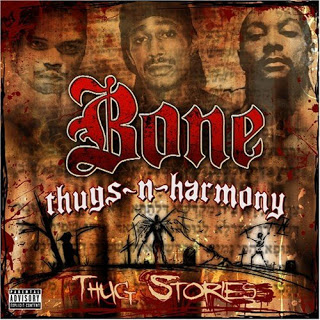
The FDA has made a new decision that will affect how our doctors are informed about the safety and efficacy of drugs. Let me give you some background information.
Two years ago a new batch of tumors was found in my neck and I began taking Avandia, which is FDA approved for the treatment of diabetes. A group of scientists had begun experimenting with Avandia as a thyroid cancer drug, with promising early results. When you use a drug to treat a disease other than what the drug is approved for by the FDA, or when you use the approved drug for the intended treatment but alter the recommended dosing, it is called “off-labeling.” This practice is particularly common in oncology.
Am I A Hypocrite?
It is legal for doctors to prescribe off-label drugs, yet the doctor who brought this research to my attention didn’t want to get involved in such risky business. I cannot blame him. Am I a hypocrite? As a patient I am wiling to take an off-label drug, but were I a doc, I don’t think I would risk putting my patients in harms way by prescribing treatment that had not undergone the rigorous stages of clinical trials or FDA approval.
Because the side effects and efficacy of off-label drugs are unknown, the FDA had prohibited pharmaceutical companies from marketing them. Am I a hypocrite? I am willing to take an off-label drug, but I agree that pharma should not be allowed to market them, as this would allow pharma to cash in on drug sales without investing in proper research and development. (Actiq is a pain med approved for cancer patients that is 80 times more potent than morphine. When the pharma company began illegally marketing it as an off-label drug their sales rose 3000% to $471 million a year.)
Swindling Swines
This kind of profit-over-safety swindling is about to explode. This week the FDA finalized guidelines that will now allow pharmaceutical reps to distribute to doctors articles about a drug’s off-label use. Sure there are limitations to this new off-label marketing: The information cannot be false or misleading, and must come from an organization that publishes articles that are peer reviewed by expert scientists. These guidelines allow pharmaceutical companies to police themselves to determine what is false or misleading, and overlooks the fact that many expert scientists on peer review boards are often on pharma companies’ payrolls too.
I hated that as a patient I had to make a gamble about whether Avandia would work and/or make me sick. I chose the off-label drug because I’ve had cancer for eight years and do not respond to current treatments. Not covered by my insurance, I spent hundreds of dollars on Avandia. It did not shrink my tumors. While I am glad I tried Avandia, it sickens me that pharma may now place more patients in this position, while ducking out of investing in research and development, and watching the bucks roll in.
Have you ever considered taking off-label drugs? Do you feel that pharmaceutical companies should or should not be able to market off-label drugs?
![]()
![]()
 “Everything Changes is, without doubt, the most forthright, emotionally sophisticated, and plain-old valuable book of its kind I've seen.”
“Everything Changes is, without doubt, the most forthright, emotionally sophisticated, and plain-old valuable book of its kind I've seen.”












